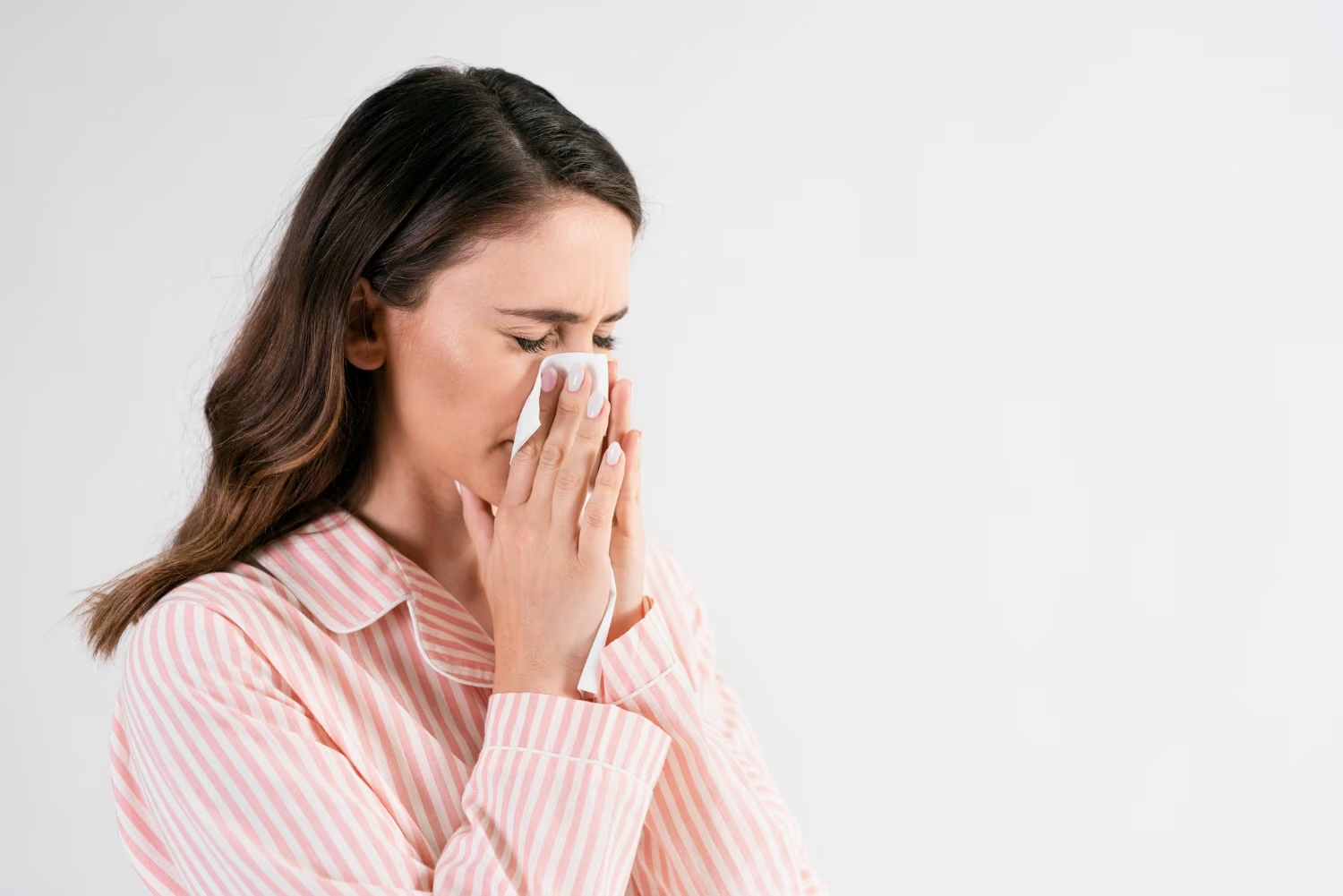
Cholesterol is a fatty substance found in your blood, essential for building cells and producing hormones. However, high levels of cholesterol can be harmful to your health, increasing the risk of heart disease and other conditions.
Several factors can lead to elevated cholesterol levels, including:
High cholesterol can lead to the build-up of plaque in the arteries (atherosclerosis), which narrows them and restricts blood flow. This can cause:
Lowering levels involves lifestyle changes and, in some cases, medication. Here are some effective strategies:
Omega-3 fatty acids, commonly found in fish oil, can help reduce levels by lowering triglyceride levels (another type of fat in the blood) and supporting heart health. Incorporating omega-3-rich foods like salmon, mackerel, and walnuts, or taking omega-3 supplements can be a beneficial addition to your diet.
For those concerned about their levels, our clinic offers comprehensive screenings to assess your risk. Our team provides expert advice on managing through diet, exercise, and supplements, including the benefits of omega-3's. Book a consultation today to take charge of your heart health.
Cholesterol is a crucial part of our body's functioning, but maintaining balanced levels is key to long-term health. By understanding the causes and making proactive changes, you can manage this effectively and reduce the risk of heart disease.

.avif)

.webp)

